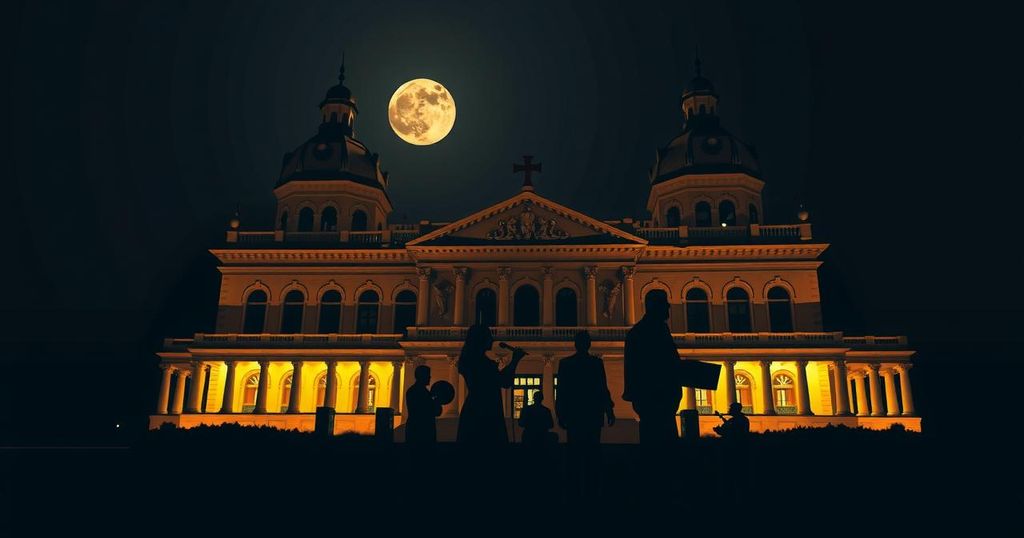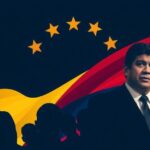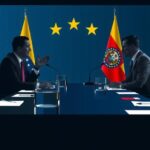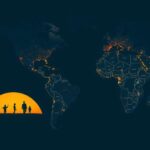HRW Calls for Revocation of Censorship Decree in Cameroon Ahead of Elections
Human Rights Watch (HRW) has formally called upon the Cameroonian authorities to annul a recent decree that imposes significant restrictions on freedom of expression in the lead-up to the nation’s 2025 presidential elections. Introduced on July 16 by Emmanuel Mariel Djikdent, the head of the Mfoundi division, this decree includes measures that could ban individuals from the division for allegedly making dangerous insults toward state institutions or their representatives.
In response to the decree, Communications Minister René Emmanuel Sadi released a statement asserting the unacceptability of irreverent language used against President Paul Biya, who has held office since 1982 and was reelected in 2018 amidst allegations of political repression. He emphasized that President Biya was “freely and overwhelmingly elected by his fellow citizens,” thereby dismissing criticisms as unpatriotic.
Djikdent has defended the controversial decree by stating that its purpose is to maintain public order. However, critics argue that it severely undermines the already fragile state of free speech within Cameroon, particularly as political tensions heighten in anticipation of the upcoming elections. Recent legislative changes have further exacerbated concerns, as the National Assembly passed a law in July postponing parliamentary elections originally scheduled for February 2025, extending the terms of office for current members until March 2026.
Prominent figures such as Barrister Akere Muna, a seasoned political candidate in recent elections, have condemned the decree as detrimental to national unity and a reflection of deteriorating societal values. He emphasized the alarming nature of the current situation, indicative of a systemic failure of governance.
Cameroon’s legislative history reveals a troubling pattern of suppressing dissenting voices through vague laws. The 2010 cybersecurity and cybercrime law, for instance, imposes penalties and potential incarceration for individuals who disseminate unverifiable information, effectively silencing critiques of government narratives. This troubling climate presents significant obstacles to the exercise of free speech, a foundation of democratic society.
In light of these developments, HRW urges an immediate review and revocation of the decree, emphasizing the need for the Cameroonian government to foster an environment conducive to open discourse as the nation approaches a pivotal electoral juncture. The call for action is not merely a plea for preserving freedom of expression but a fundamental demand for safeguarding the principles of democracy and human rights in Cameroon.








Post Comment